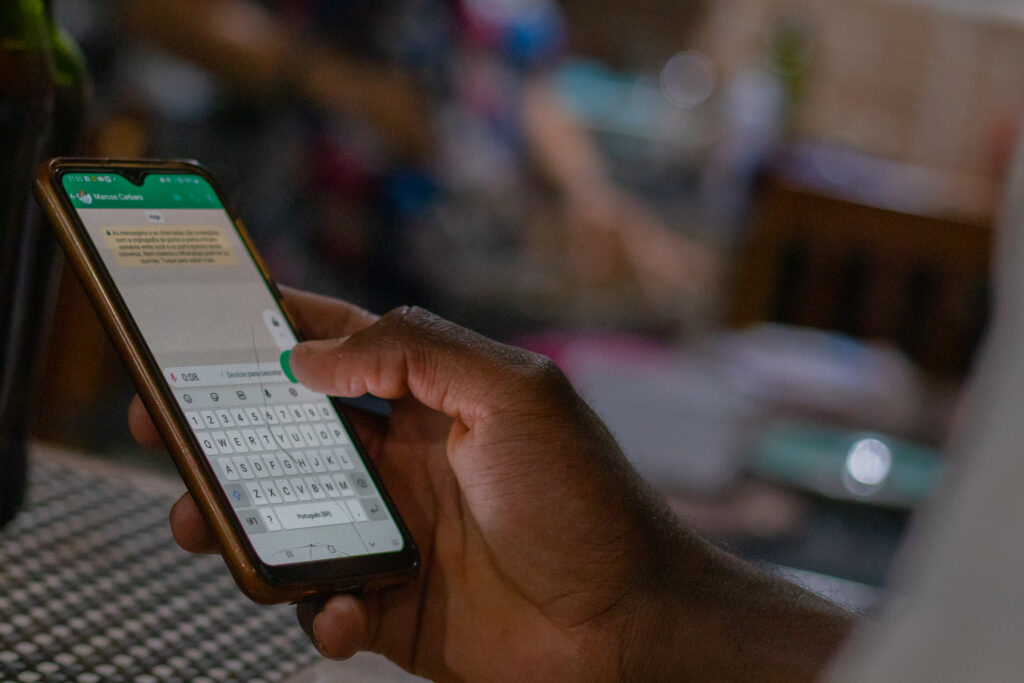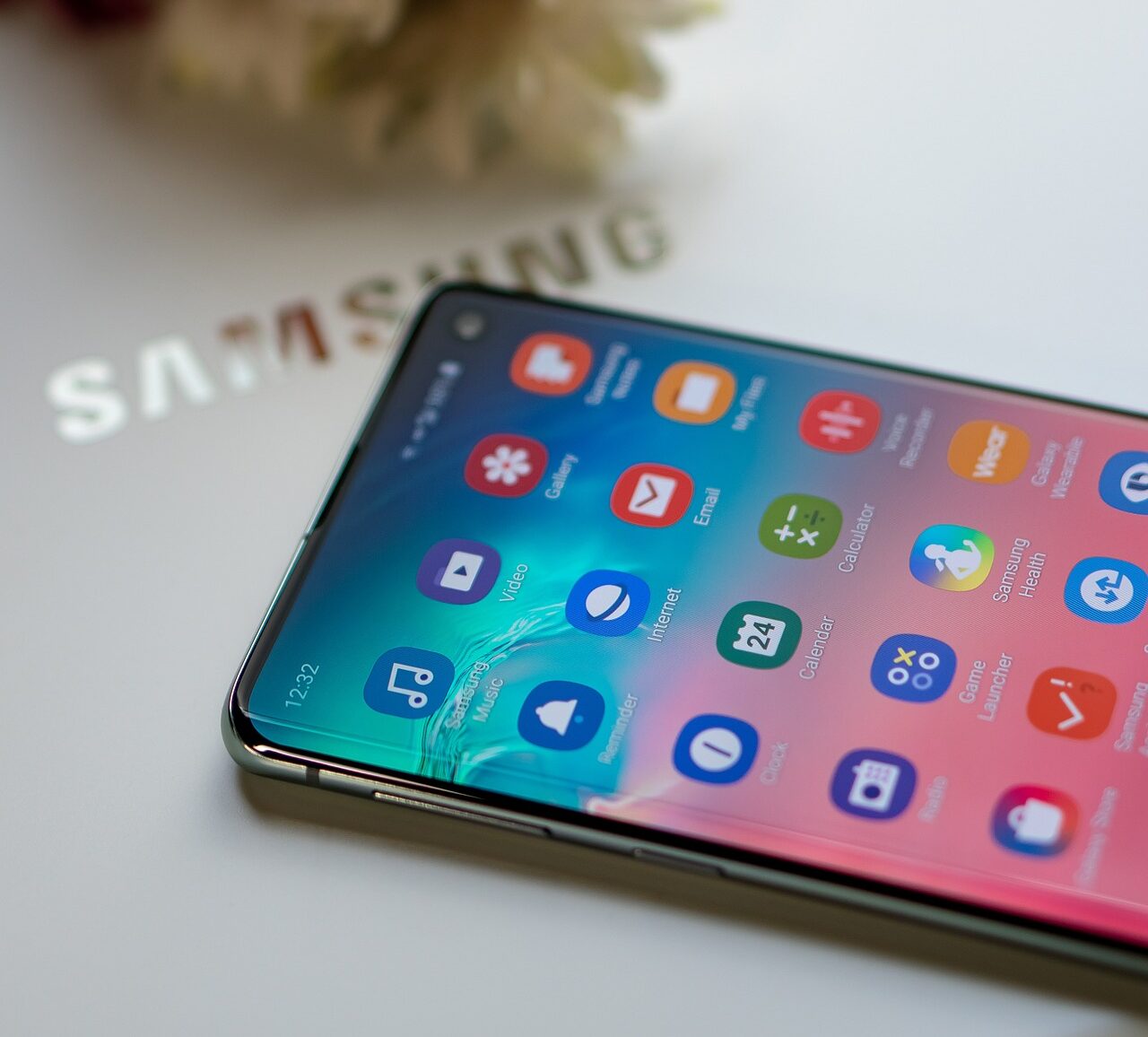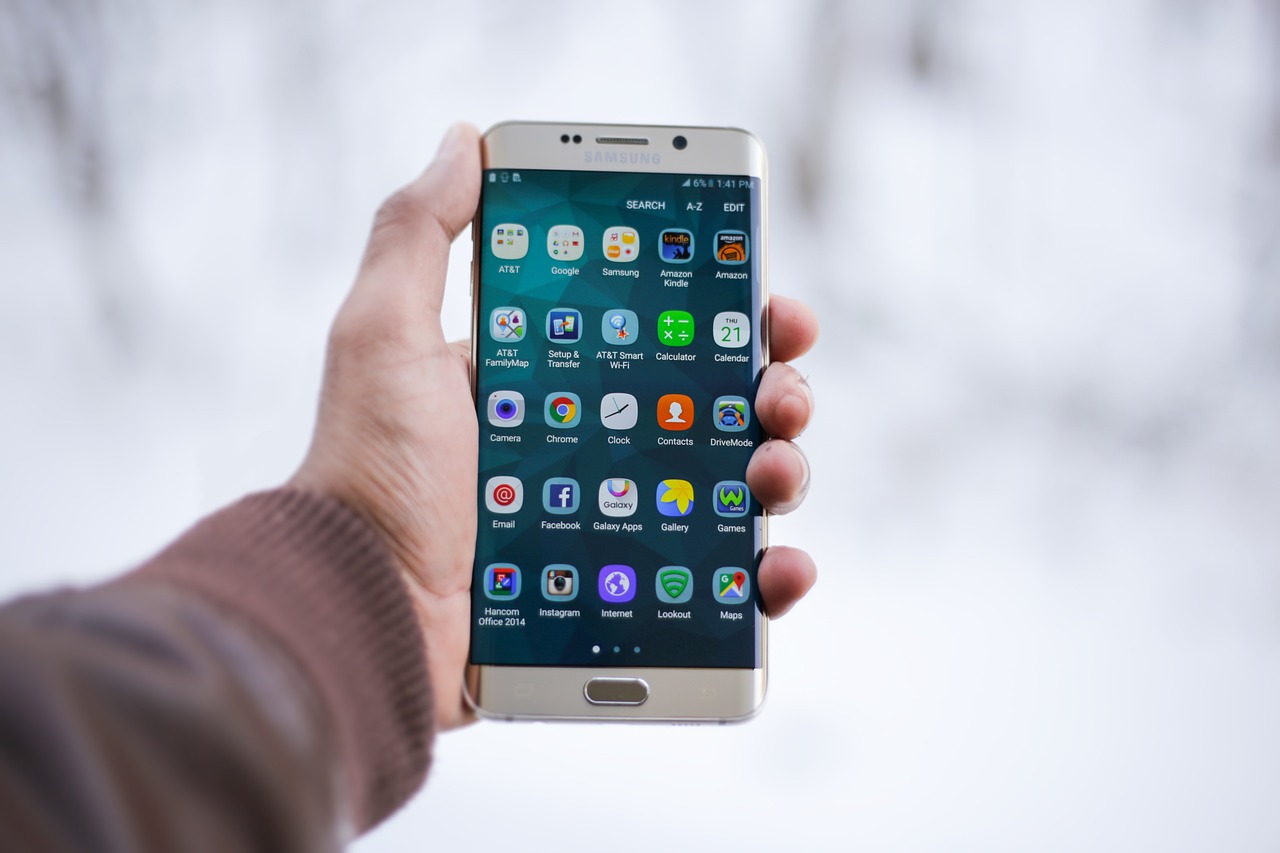WhatsApp is developing a new feature that promises to increase users' privacy and security. The new update, which is currently being tested on Android, will allow users to block messages from strangers, offering an extra layer of protection.
The information was revealed on Tuesday (20) by WABetaInfo, a portal known for anticipating news and features still in the development phase in the application.
If you are interested, know that changing your WhatsApp account is not just a detail, but also a way to increase security and improve everyone's experience.

Replacing numbers with “@” on WhatsApp
Among the main new features, the possibility of replacing the telephone number with a username, identified by the “@” symbol, similar to that used on other social platforms, stands out.
This means that instead of sharing the phone number with new contacts, users will be able to share only the “@name”, thus protecting their personal information. This feature aims to increase the privacy of users by preventing people outside the intimate circle from having access to the phone number.
With the introduction of this feature, those who already have an open conversation with the user will still be able to see the phone number.
However, for new contacts, only the “@name” will be visible, if the user chooses this setting. This measure is especially useful to avoid sharing personal information in situations where the user does not want to provide their phone number.
New feature to block strangers with PIN
Another innovative feature that is currently being tested is the ability to block messages from strangers using a security PIN. It works like this: when creating the “@name”, the user can associate it with a four-digit PIN.
This way, only those who have the PIN will be able to send the first message to the user. This measure aims to reduce the amount of spam, unwanted messages and links from unknown groups, increasing the user's control over who can start a conversation.
It is important to note that this PIN cannot be the same one used for WhatsApp two-step verification. This prevents someone from hacking the user's account using the same security code.
Additionally, the PIN will only be required for new conversations. Contacts with whom the user already interacts will not need to enter it, thus maintaining the fluidity of communication.
You need to know this too:
- Pardal app starts receiving complaints about the Elections; how to use it
- Loan application promises to release R$150 or R$200.00 without score analysis
- Messages from numbers ending in 1, 3, 4, 5 and 6 will be blocked on WhatsApp if it is like this
Restricted testing and launch expectations on WhatsApp
These new features are currently only being tested by those participating in the Google Play Beta program, meaning they are not yet available to the general public.
Meta, WhatsApp's parent company, has not released further details on when these new features will be officially launched or whether they will also be available to iPhone users.
This new approach from WhatsApp reflects the growing demand for greater control and privacy in digital communications.
With concerns about security and privacy on the rise, especially in widely used messaging apps, these new features could meet the expectations of users seeking more security in their online interactions.
Benefits and implications of new WhatsApp features
Adopting these features can bring several benefits. The ability to use a username instead of sharing a phone number can reduce the risks associated with disclosing personal information.
Additionally, using a PIN to block messages from strangers can be an effective tool in the fight against spam and unwanted messages, protecting users from unwanted interactions.
On the other hand, these changes can also present challenges. Users who are not familiar with the new features may have difficulty transitioning to this new system. Having to remember an additional PIN in addition to the two-step verification code may be seen as an inconvenience by some.



